The cryptocurrency market is rapidly evolving, offering more ways for people to invest in and trade digital assets than ever before. With Bitcoin reaching all-time highs of over $73,000 in March 2024, crypto enthusiasts need secure, user-friendly platforms to buy, sell, and trade not just Bitcoin but also thousands of altcoins such as Shiba Inu, Dogecoin, and others.
The world of cryptocurrency exchanges can be intimidating, especially for new investors, but choosing the right platform is essential for your crypto journey. Whether you’re a beginner looking for a simple and secure way to buy Bitcoin or an experienced trader seeking low fees and advanced features like margin trading, this guide will help you navigate the best crypto exchanges and apps available in 2024.
Crypto exchanges operate similarly to traditional online brokerages, offering the tools needed to trade, store, and invest in cryptocurrencies. Beyond simply buying and selling, many platforms offer features like staking, lending, and earning interest on your digital assets.
In this guide, we will cover everything from the best exchanges for low fees, top decentralized exchanges, mobile apps for trading, and platforms that specialize in altcoins. Additionally, you will find tips on choosing the right exchange based on security, fees, features, and overall user experience.
Best Known for Low Fees & Experienced Traders: Kraken
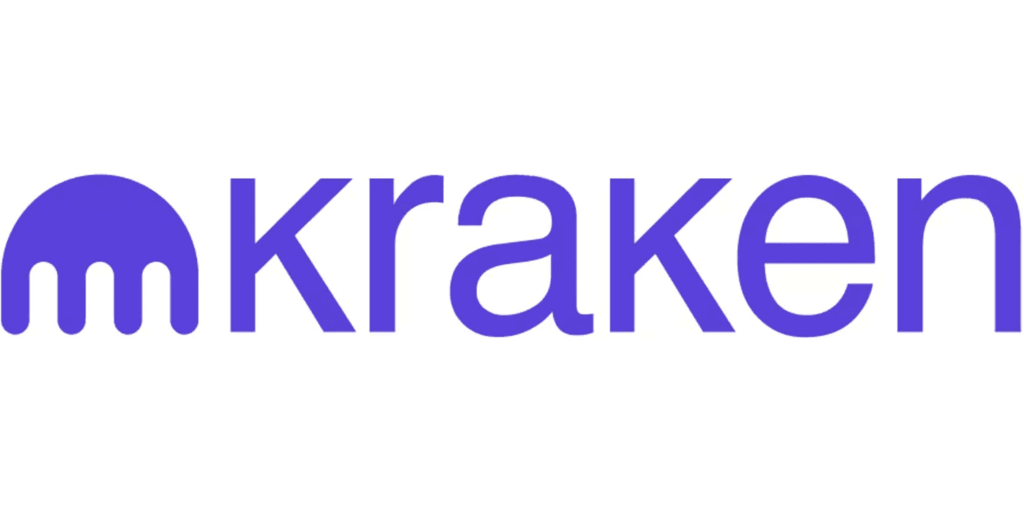
- Transaction Fees: 0.00% to 0.40%
- Currencies: 200+
- Minimum Deposit or Purchase: $1
- Trade Limits: Depends on account verification level
About Kraken:
Founded in 2011, Kraken is one of the most trusted names in the cryptocurrency world. It’s best known for its low fees and advanced trading options, making it the go-to platform for experienced traders.
Why Choose Kraken?
Kraken offers some of the lowest fees in the industry, with its advanced Kraken Pro platform being highly regarded by seasoned traders. Kraken provides access to margin and futures trading, and its professional-grade interface is ideal for high-volume trades.
Pros and Cons
Pros:
- Low transaction fees for high-volume traders.
- Access to margin and futures trading.
- Wide range of cryptocurrencies supported.
Cons:
- Limited funding options (no ACH transfers).
- Not available in all U.S. states.
Overview
Kraken stands out for its professional-grade tools that cater to advanced traders. It offers a user-friendly interface for beginners while also providing customizable charts and detailed analytics for professionals. Kraken’s reputation for security and reliability has made it a top choice for those looking to trade at scale.
Best Known for Beginners: Coinbase
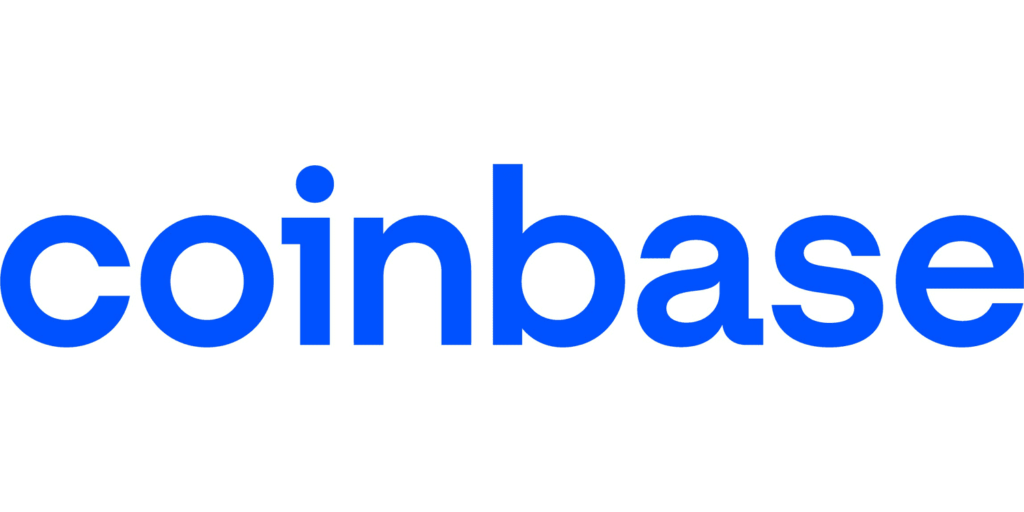
- Transaction Fees: 0.00% to 0.60%
- Currencies: 200+
- Minimum Deposit or Purchase: $2
- Trade Limits: Varies based on verification level
About Coinbase:
Launched in 2012, Coinbase is one of the largest and most user-friendly crypto exchanges in the world. It’s particularly popular with beginners, thanks to its simple interface and robust security features.
Why Choose Coinbase?
Coinbase is perfect for first-time crypto buyers, offering a smooth and intuitive experience. It provides extensive educational resources and ensures the safety of user funds through offline cold storage and FDIC-insured U.S. dollar balances.
Pros and Cons
Pros:
- Easy-to-use platform for beginners.
- Wide range of cryptocurrencies supported.
- Strong security measures, including cold storage.
Cons:
- Higher fees compared to other exchanges.
- Customer support could be better.
Overview
Coinbase simplifies cryptocurrency trading for beginners, offering a familiar interface that resembles a traditional online banking platform. It supports over 200 cryptocurrencies and has a highly liquid market. Though its fees are higher than some competitors, it remains a favorite for new traders thanks to its ease of use and security.
Best Known for Mobile Trading: Crypto.com
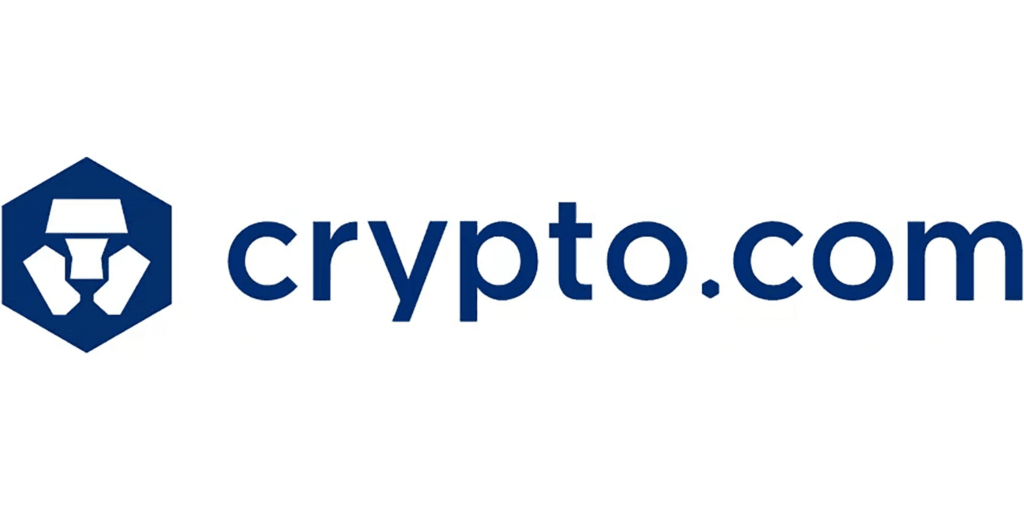
- Transaction Fees: 0.00% to 0.075%
- Currencies: 350+
- Minimum Deposit or Purchase: $1
- Trade Limits: Based on verification level
About Crypto.com:
Founded in 2016, Crypto.com is known for its extensive mobile app that allows users to trade, stake, and manage their cryptocurrency holdings on the go. It offers over 350 supported cryptocurrencies and an impressive digital asset ecosystem.
Why Choose Crypto.com?
Crypto.com’s mobile app provides access to a wide range of services, including staking, yield farming, and its native token (CRO). It’s ideal for users who prefer to manage their portfolios via smartphone without sacrificing access to advanced features.
Pros and Cons
Pros:
- Supports a wide range of cryptocurrencies.
- Feature-rich mobile app with staking and crypto Visa cards.
- Competitive fees for high-volume traders.
Cons:
- Customer support is often slow.
- Higher fees for low-volume traders.
Overview
Crypto.com has built a reputation for providing a comprehensive mobile trading experience. Its app allows users to trade, stake, earn interest, and even pay with crypto through its Visa card. With over 350 currencies supported, Crypto.com is a top choice for mobile-first traders looking to access a broad range of crypto assets.
Best Known for Security: Gemini
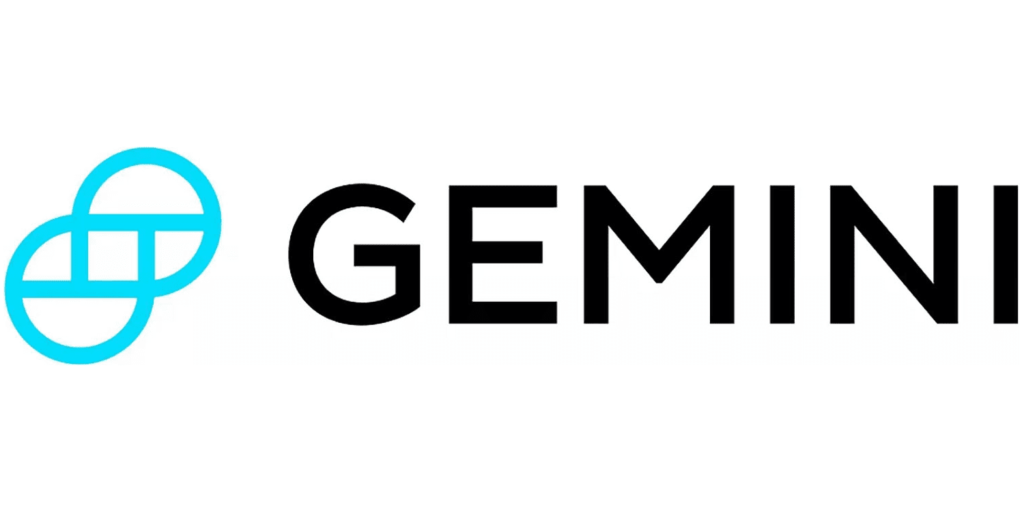
- Transaction Fees: 0.0% to 0.40% for active trader platform; 1.49% for trades on the standard platform
- Currencies: 80+
- Minimum Deposit or Purchase: Varies by payment method
- Trade Limits: Yes
About Gemini:
Launched in 2014 by the Winklevoss twins, Gemini is a New York-based exchange known for its rigorous security protocols. It’s SOC 2-certified and insures digital assets held in its hot wallet, offering peace of mind to crypto investors.
Why Choose Gemini?
Gemini’s robust security framework includes two-factor authentication (2FA), SOC 2 compliance, and insurance on assets held in hot wallets. It’s the top pick for investors looking to prioritize safety and regulatory compliance.
Pros and Cons
Pros:
- Available in all 50 U.S. states.
- Insured hot wallets for added security.
- Strong compliance with regulatory standards.
Cons:
- Higher fees on standard trades.
- Fewer cryptocurrencies supported compared to other platforms.
Overview
Gemini stands out for its emphasis on security, making it one of the safest exchanges for crypto traders. It supports over 80 digital currencies and offers both a simplified trading interface and an advanced platform for active traders. While its fees are higher than some competitors, Gemini’s stringent security measures and insurance provide unparalleled protection.
Best Known for Altcoins: BitMart
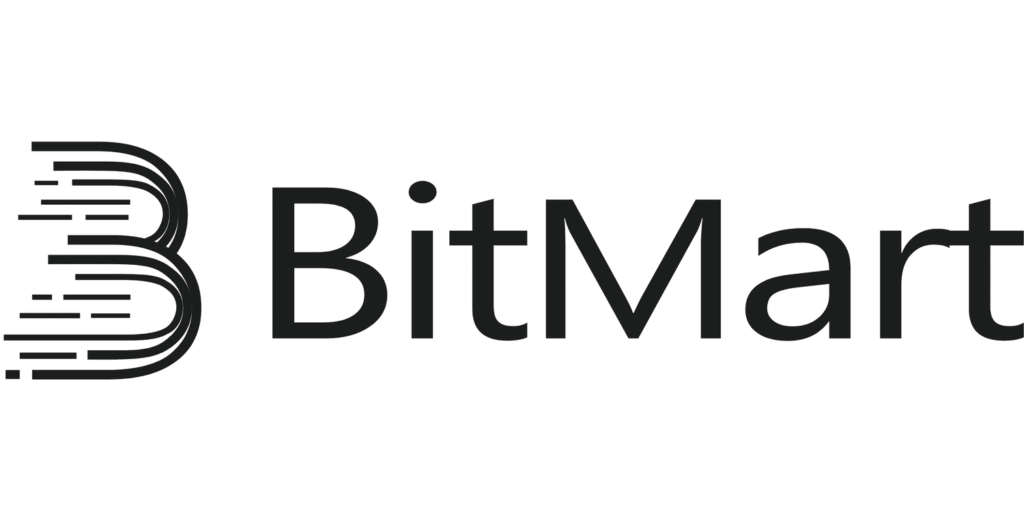
- Transaction Fees: 0.04% to 0.10%
- Currencies: 1,500+
- Minimum Deposit or Purchase: $50 for fiat deposits
- Trade Limits: Yes
About BitMart:
Founded in 2017, BitMart is a global cryptocurrency exchange that’s best known for supporting a massive range of altcoins. It offers over 1,500 digital currencies and tokens, making it a great choice for investors looking to diversify with smaller and newer crypto assets.
Why Choose BitMart?
BitMart is the go-to exchange for those looking to trade altcoins, as it supports a vast array of small and mid-cap cryptocurrencies. In addition, it offers crypto earning opportunities, including staking and lending services.
Pros and Cons
Pros:
- Over 1,500 cryptocurrencies supported.
- Offers staking and lending options.
- Competitive fees for altcoin trading.
Cons:
- History of security breach in 2021.
- Customer support could be improved.
Overview
BitMart has established itself as a top platform for altcoin traders. With over 1,500 cryptocurrencies available for trading, it’s one of the most diverse exchanges. However, it has faced some security concerns in the past, including a significant hack in 2021. Despite this, BitMart continues to be a favorite for traders looking to access a wide range of lesser-known crypto assets.
Best Known for Bitcoin: Cash App
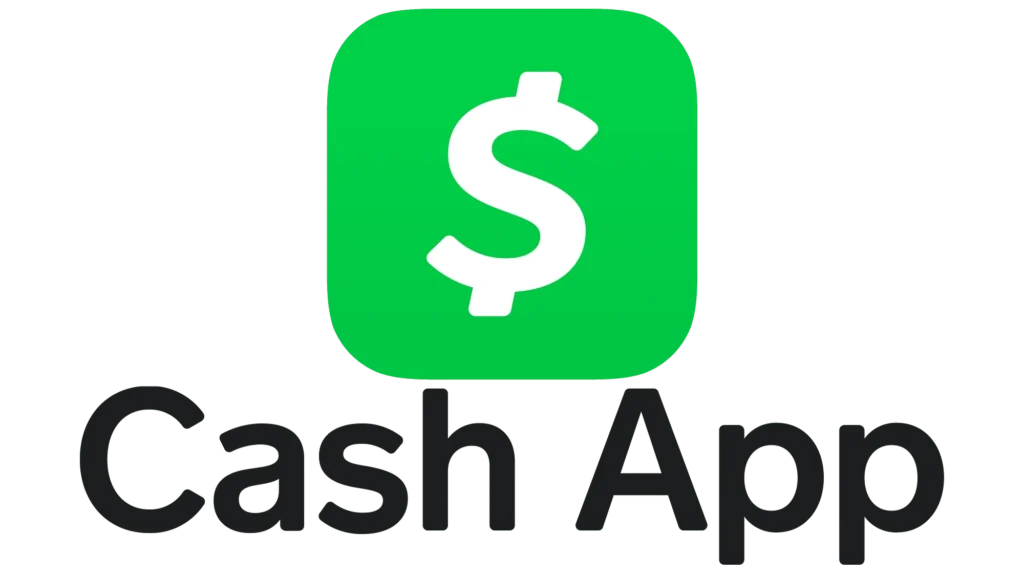
- Transaction Fees: 0.00% to 3%
- Currencies: 1 (Bitcoin)
- Minimum Deposit or Purchase: $1
- Trade Limits: Yes
About Cash App:
Cash App, launched in 2013 by Block, Inc. (formerly Square, Inc.), allows users to seamlessly buy, sell, and store Bitcoin. While it’s primarily a mobile banking app, it also provides a simple platform for Bitcoin investment.
Why Choose Cash App?
Cash App is the perfect choice for users who are primarily interested in Bitcoin. It offers an easy-to-use interface, supports Bitcoin withdrawals to external wallets, and integrates the Bitcoin Lightning Network for near-instant transactions.
Pros and Cons
Pros:
- Simple and intuitive interface.
- Supports Bitcoin withdrawals.
- Uses Bitcoin Lightning Network for fast transfers.
Cons:
- Only supports Bitcoin.
- Limited advanced trading features.
Overview
Cash App provides an easy and secure way to invest in Bitcoin, making it an excellent option for casual Bitcoin users. It offers a seamless user experience, allowing for Bitcoin withdrawals to external wallets, which sets it apart from other platforms like Venmo or Robinhood. However, it does not support other cryptocurrencies.
Best Known for Decentralized Trading: Bisq
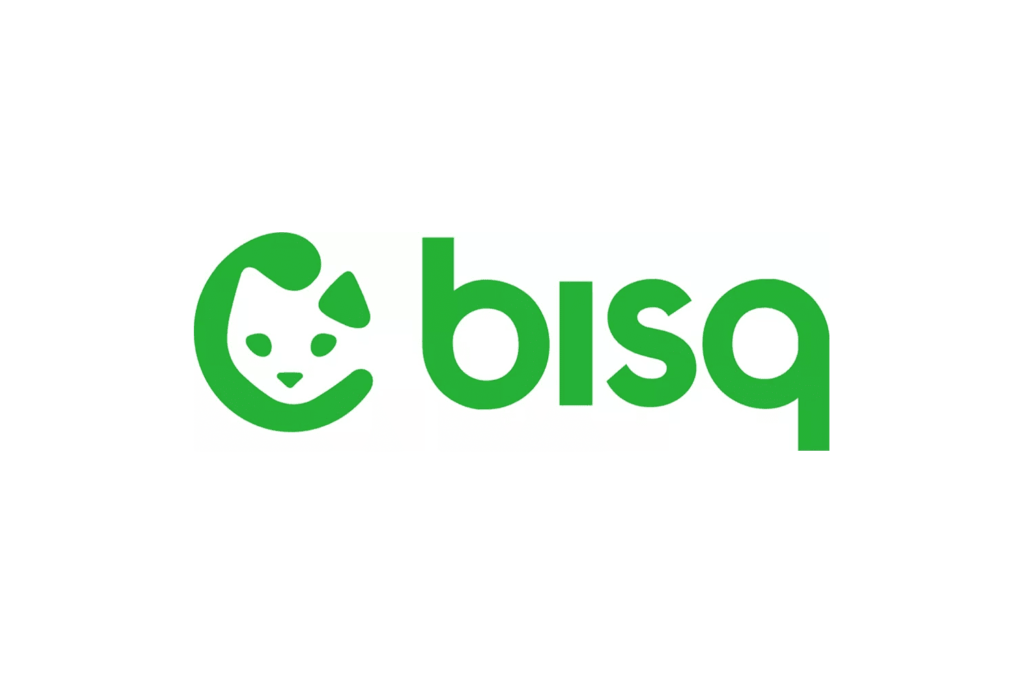
- Transaction Fees: 0.15% to 1.15%
- Currencies: Not Disclosed
- Minimum Deposit or Purchase: Not Disclosed
- Trade Limits: Yes
About Bisq:
Launched in 2014, Bisq is a decentralized, peer-to-peer exchange that allows users to trade Bitcoin and other digital assets without requiring KYC verification. It’s best known for offering a high degree of privacy and security to its users.
Why Choose Bisq?
Bisq offers privacy-conscious users the ability to trade Bitcoin and other cryptocurrencies without undergoing identity verification. It’s ideal for users who prioritize decentralization, privacy, and transparency over high liquidity and fast transactions.
Pros and Cons
Pros:
- No KYC verification required.
- Offers a high level of privacy.
- Supports multiple payment methods for peer-to-peer trading.
Cons:
- Slower transaction speeds.
- Lower liquidity compared to centralized exchanges.
Overview
Bisq is a decentralized exchange that stays true to the core values of cryptocurrency by offering users full control over their funds and privacy. Although it may not suit those who require fast, high-volume trading, it’s perfect for users who prioritize decentralization and wish to avoid KYC verification.
Warning: Unlike traditional brokerage firms, cryptocurrency exchanges are not members of the Securities Investor Protection Corp. (SIPC). Therefore, unless user terms specify otherwise, investors with cryptocurrency assets commingled on a custodial cryptocurrency exchange could potentially lose their funds as unsecured creditors.
Compare the Best Cryptocurrency Exchanges
| Company | Transaction Fees | Currencies | Minimum deposit or Purchase | Trade Limits |
| Kraken Best for Low Fees & Experienced Traders | 0.00% to 0.40% | 200+ | $1 | Yes |
| Coinbase Best for Beginners | Variable fees (Coinbase), 0.00% to 0.40% maker fee, and 0.05% to 0.60% taker fee per trade | 200+ | $2 | Yes |
| Crypto.com Best Mobile App | 0.00% to 0.075% | 350+ | $1 | Yes |
| Gemini Best for Security | 0.0% to 0.40% for active traders, 1.49% for most transactions on the regular platform | 70+ | Varies | Yes |
| BitMart Best for Altcoins | 0.04% to 0.10% | 1,500+ | $50 for Bitmart purchases | Yes |
| Cash App Best for Bitcoin | 0.00% to 3% | 1 | $1 | Yes |
| Bisq Best Decentralized Exchange | 0.15% to 1.15% | Not disclosed | Not disclosed | Yes |
How Do Cryptocurrency Exchanges Work?
Cryptocurrency exchanges function as digital marketplaces where users can buy, sell, or trade cryptocurrencies like Bitcoin, Ethereum, and a variety of altcoins. Much like traditional stock exchanges, crypto exchanges provide liquidity, price discovery, and a platform for traders to engage in the digital asset market.
There are two types of cryptocurrency exchanges:
- Centralized Exchanges (CEX): These are the most common type of exchange, run by a centralized entity that acts as an intermediary between buyers and sellers. Users typically need to go through a Know Your Customer (KYC) verification process, where they provide personal information to comply with regulations. Centralized exchanges are known for their liquidity, ease of use, and trading speed. Examples include Coinbase, Kraken, and Gemini.
- Decentralized Exchanges (DEX): These platforms operate without a central authority. Users can trade cryptocurrencies peer-to-peer without needing to trust an intermediary. DEXs typically don’t require KYC, offering enhanced privacy but often come with lower liquidity and slower trading speeds. Popular decentralized exchanges include Bisq and Uniswap.
In addition to trading cryptocurrencies, many exchanges now offer other services, including:
- Staking: This allows users to earn rewards for holding and “staking” their cryptocurrency to help maintain the network.
- Lending and Borrowing: Some exchanges allow users to lend their crypto in return for interest or borrow crypto with collateral.
Understanding how these exchanges work is the first step in finding the right platform for your crypto investment needs.
Key Factors to Consider When Choosing a Crypto Exchange
Choosing the best cryptocurrency exchange involves more than just signing up for the first platform you come across. Here are the key factors to consider:
- Security: One of the most critical aspects of any crypto exchange is security. You need to ensure that the platform you use has robust security measures in place, such as two-factor authentication (2FA), cold storage (offline storage of funds), and insurance against hacking. Look for exchanges that are SOC 2-certified, which means they have passed strict cybersecurity audits.
- Fees: Crypto exchanges make money by charging fees on transactions. These can vary widely from one platform to another. Centralized exchanges typically charge maker and taker fees, which depend on your trading volume. Some platforms, like Kraken and Binance, offer tiered fee structures that reward high-volume traders with lower fees.
- Cryptocurrency Selection: Not all exchanges support every cryptocurrency. Some focus primarily on major coins like Bitcoin, Ethereum, and Litecoin, while others offer a vast selection of altcoins. If you’re interested in trading smaller, newer cryptocurrencies, you’ll need to ensure your exchange supports them.
- User Experience: If you’re new to cryptocurrency, you’ll want an exchange with a simple, user-friendly interface. Some exchanges like Coinbase are designed specifically for beginners, while others, such as Kraken and Gemini, offer advanced features for more experienced traders.
- Payment Methods: Different exchanges offer various ways to deposit and withdraw funds. Some allow bank transfers, credit or debit card purchases, and even PayPal, while others might require wire transfers or the use of cryptocurrency for deposits.
- Regulation & Compliance: Make sure the exchange complies with regulatory requirements in your country. Some exchanges are not available in certain jurisdictions due to local laws. For U.S.-based investors, it’s crucial to choose an exchange that complies with SEC regulations.
By considering these factors, you can select the best exchange that aligns with your goals and trading strategy.
The Bottom Line
Selecting the right cryptocurrency exchange is crucial for success in the fast-paced world of digital assets. Whether your priorities are low fees, diverse cryptocurrency offerings, top-tier security, or an intuitive mobile trading experience, there is an exchange that caters to your needs.
If security and regulation are top concerns, Gemini stands out as a trusted, secure platform with a wide range of supported cryptocurrencies. For those who want to explore smaller, emerging tokens, BitMart is the go-to exchange, offering over 1,500 cryptocurrencies, including new and niche altcoins. Meanwhile, Cash App is perfect for users focused solely on Bitcoin, offering simplicity, ease of use, and the ability to transfer Bitcoin to external wallets.
Advanced traders looking for sophisticated trading tools—such as margin, futures, and customizable charting—will find Kraken to be an excellent platform. For privacy-focused investors seeking a decentralized solution with no KYC requirements, Bisq provides a high level of anonymity and control over your assets.
Ultimately, whether you’re a beginner or an experienced trader, identifying your goals and matching them with the right exchange will ensure a smoother, more profitable crypto journey. Each platform has its own strengths, so finding the one that aligns with your needs is key to navigating the world of cryptocurrencies with confidence.
Frequently Asked Questions
Cryptocurrency exchanges allow users to trade digital currencies for fiat money or other cryptocurrencies. They act as a middleman by providing a marketplace where buyers and sellers can transact.
Consider factors like security, fees, supported cryptocurrencies, and user experience. Additionally, check if the exchange is available in your country and whether it complies with local regulations.
Most exchanges allow users to deposit fiat currency through bank transfers, debit cards, or credit cards to buy cryptocurrency. Once purchased, the assets can be stored on the exchange or moved to a personal wallet.
Gemini is often regarded as one of the safest exchanges due to its SOC 2 certification, insured hot wallets, and strong regulatory compliance.
Exchanges typically make money through transaction fees, withdrawal fees, and by lending out user assets. Some exchanges also earn from trading spreads or additional services like staking and lending.
Yes, many centralized exchanges comply with local regulations and require users to complete identity verification. Decentralized exchanges, however, often operate without regulatory oversight.
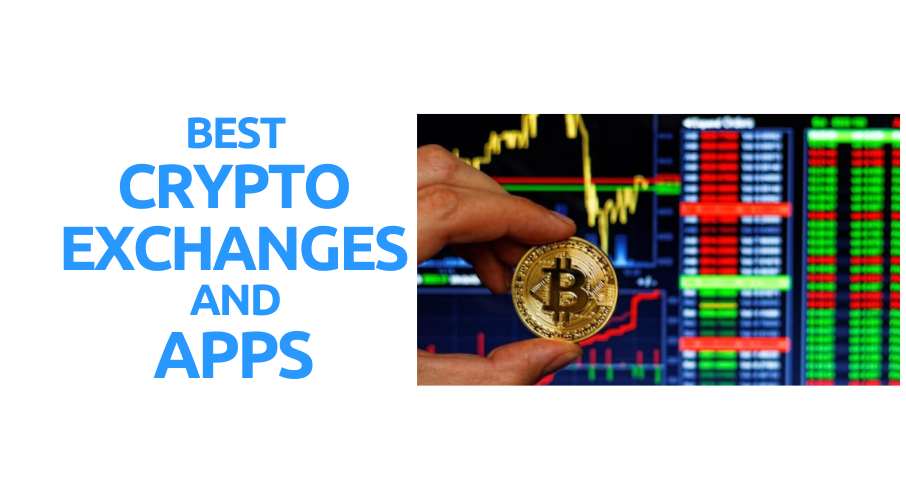
Leave a Reply